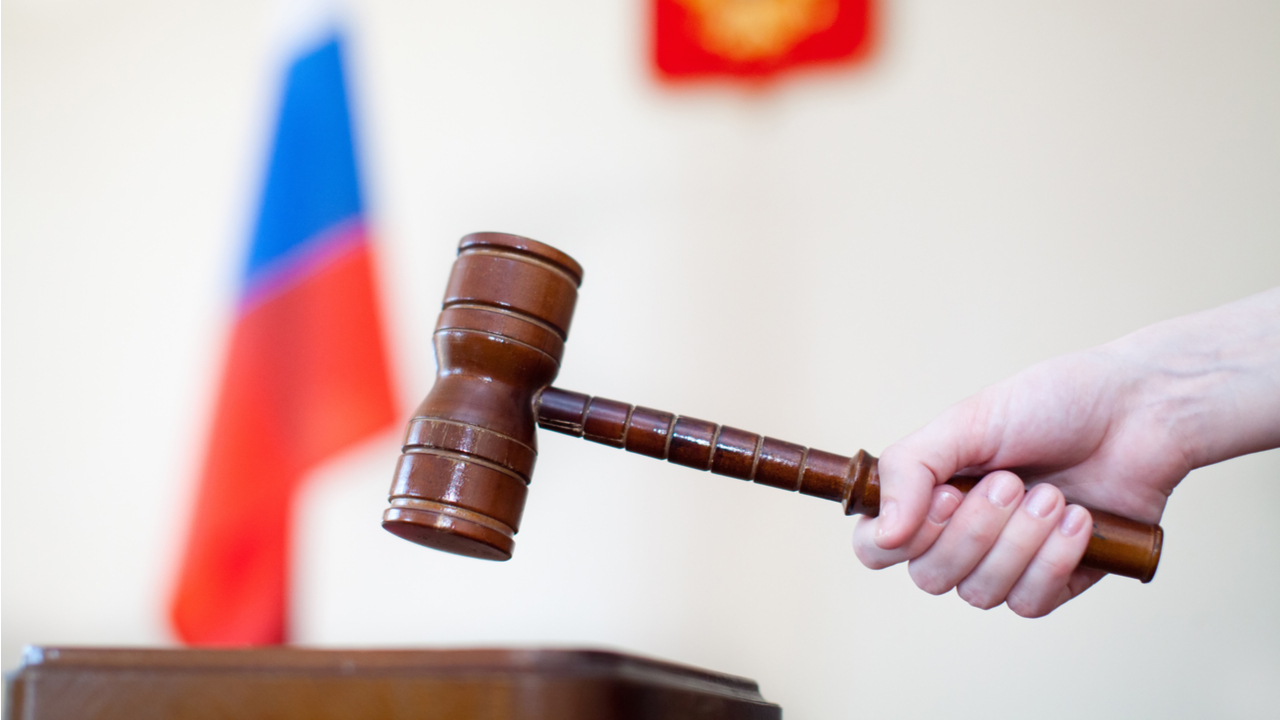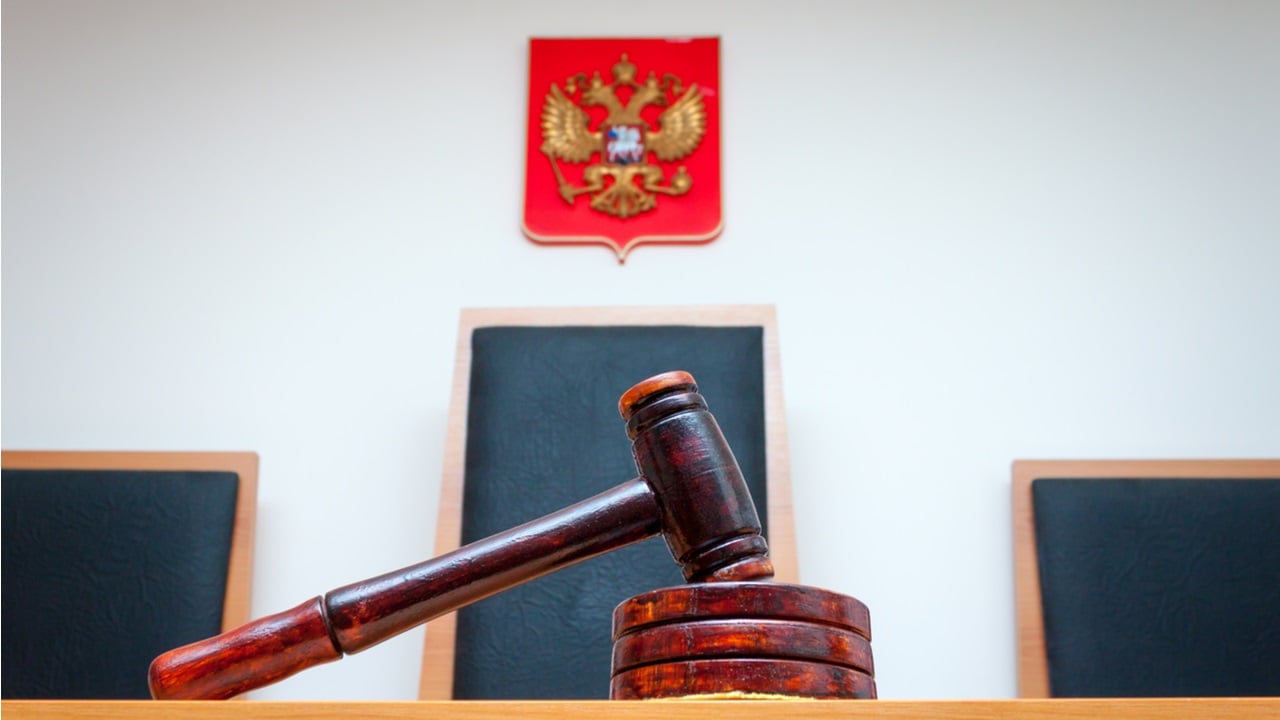
45 prospective jurors were narrowed down to 12 after they were asked to discuss their background, employment, education, partners, children and their age.
A pregnant physician’s assistant, a train conductor, and a retired investment banker are reportedly among 12 individuals who will eventually decide on the fate of former FTX CEO Sam Bankman-Fried.
As per a report from Cointelegraph's on-the-ground reporter Ana Paula Pereira, the 12 jurors were narrowed down from a list of 45 on Oct. 4, the second day of trial in Manhattan.
The potential jurors were each given a minute to introduce themselves by sharing their background, age, employment, education, relationship history, and children.
Cointelegraph reporter Pereira noted that one prospective juror said his wife worked for a law firm that provided services to FTX in the past — though it isn’t clear whether he was selected.
One prospective juror was reportedly excused after revealing she worked for a firm that invested in FTX and Alameda Research, according to Matthew Russell Lee from Inner City Press.
District Court Judge Lewis A. Kaplan then discussed jury selection with the prosecutors and Bankman-Fried’s defense lawyers before revealing the final 12 jury members about 15 minutes later.

As per Oct. 4 reports from Bloomberg and TechCrunch, the final list or jurors shows the panel will be female-dominated, comprising nine women and three men.
Their ages range from the early 30s to the late 60s, and their professions span various industries, including health, financial, legal, IT, and education. Five of them are university-educated. The full list of jurors is below:
- A man, aged in his late 60’s, was an investment banker at a firm called Salomon Brothers. He completed his Master of Business Administration at Stanford University.
- A man, aged 59, didn’t say what he does for work but says his company is currently being sued. It is understood the man has served as a jury member in the past.
- A man, aged 61, works at the United States Postal Service. He has no wife or children and has served as a jury member in the past.
- A woman, aged 39, currently works as a physician assistant and was once a medical missionary in the Dominican Republic. She’s 10 weeks pregnant, and married to a web developer.
- A middle-aged woman, who once studied at Duke University and has experience working with non-profits and managing fundraisers.
- A woman, aged 50, works as a train conductor. She’s a mother of five children. Two of the five children have reportedly been convicted of crimes.
- A woman, aged 65, is a retired corrections officer.
- A woman, aged 33, works as a nurse in Westchester, New York and reportedly studied at the State University of New York, Binghamton.
- A woman, aged 40, is currently unemployed as a social worker and previously studied at Princeton University and Columbia University.
- A woman, who works at a school in the Bronx, New York. She previously studied at the University of Buffalo and Syracuse University.
- A woman, who works in advertising. She has an 18-year-old daughter and a 12-year-old son.
- A woman, aged 55, working as a special education teacher in Rockland, New York.
Related: Sam Bankman-Fried FTX trial — 5 things you need to know
After the jury members were selected, a 15-minute opening statement was delivered by the prosecutors and defense. Testimonies from Marc Julliard — a Coca broker who lost about $80,000 to FTX — and Adam Yedidia — Bankman-Fried’s former close friend — were then heard before Judge Kaplan called it a day.
Bankman-Fried’s criminal trial is expected to take place over six weeks. He is facing seven fraud-related charges for his role as CEO in FTX’s shock collapse in November.
Magazine: Blockchain detectives: Mt. Gox collapse saw birth of Chainalysis













